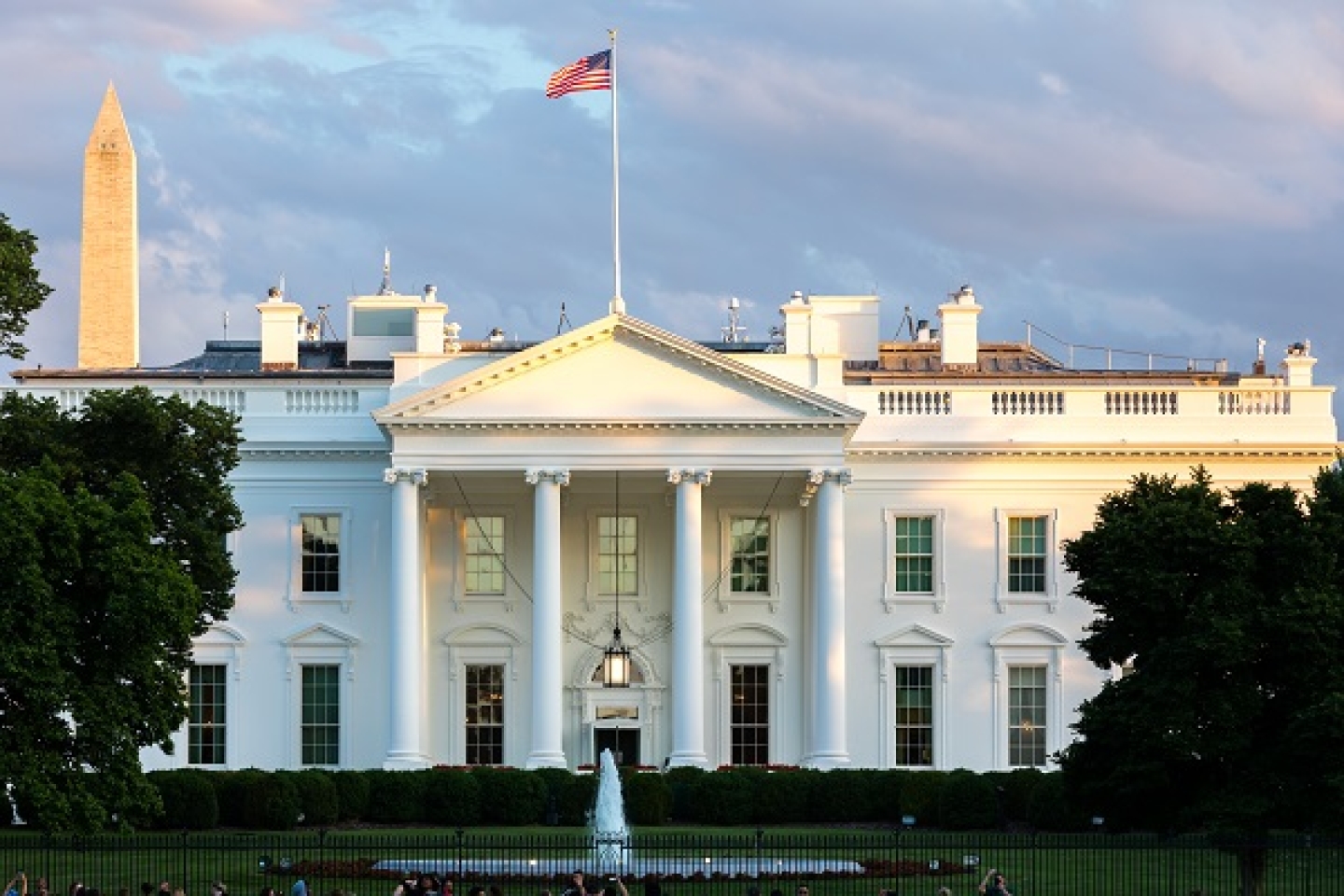White House Announces New Federal, State, Local, and Private-Sector Actions to Protect Renters
The White House recently announced a series of new, concrete actions to protect renters from the patchwork of state and local laws and legal processes that leave far too many with little recourse when housing providers fail to comply with the law or the lease agreement.
Building on the Blueprint for a Renters Bill of Rights, the White House announced new actions to:
Ensure fair tenant screening practices. The Department of Housing and Urban Development (HUD), the Department of Agriculture (USDA), and three independent agencies—the Consumer Financial Protection Bureau (CFPB), the Federal Trade Commission (FTC) and the Federal Housing Financing Agency (FHFA)—are each releasing guidance or best practices to landlords, operators, and stakeholders who rely on tenant screening reports when evaluating applications from renters.
Fund tenant education and outreach. HUD announced $10 million in new funding for tenant education and outreach in project-based rental assistance housing to help them engage with property managers. The funding can be used for training and technical assistance, as well as establishing and operating tenant organizations.
Provide more time for tenants to avoid eviction. HUD has committed to issue a notice of proposed rulemaking that would require that tenants of public housing and properties with project-based rental assistance receive a written notice at least 30 days prior to lease termination for nonpayment of rent.
Increase resident engagement requirements. HUD recently published new guidance for public housing authorities and multifamily housing owners participating in the Rental Assistance Demonstration, strengthening resident protections through updated resident engagement requirements and enhanced HUD oversight tools, including active monitoring of additional information that demonstrates resident engagement.
Ensure renters have a seat at the table. HUD recently hosted the National Conversation at The Community Table to hear directly from hundreds of renters on federal policy. In addition, FHFA, FTC, and CFPB have each issued requests for information that will inform their respective policymaking; Treasury is hosting quarterly tenant listening sessions on individuals’ experiences with emergency rental assistance; and USDA will host a convening with renters in rural areas this fall.
Announce major private sector and state and local action. More than 100 public- and private-sector entities have joined the White House's Resident-Centered Housing Challenge launched in January, and the following are examples of new actions:
- Zillow, next year, will launch the ability for its nearly 28 million average monthly unique visitors to search for affordable rental units, including listings that may meet requirements for programs like the Housing Choice Vouchers and income restricted affordable housing. Zillow will offer a one-stop-shop for renters to find affordable rentals and easy to understand information about local laws that will help ensure users know their rights related to leasing and remaining housed with or without rental assistance.
- AffordableHousing.com will, this year, deploy “Clear and Fair” digital leases that advocate the principles outlined in the White House Blueprint for a Renter Bill of Rights. Property owners who use these “Clear and Fair” leases will be acknowledged on the site, which receives more than 100 million property searches each year.
- Zillow, Apartments.com, and AffordableHousing.com will provide consumers with total, upfront cost information on rental properties, which can be hundreds of dollars on top of the advertised rent.
- Colorado enacted House Bill 23-1120, which requires landlords and tenants to go through mediation in eviction proceedings if the tenant qualified for some forms of financial assistance, and House Bill 23-1095, prohibiting rental agreements from including a certain waiver that limit a renter’s legal recourse.
- Connecticut enacted Senate Bill 998, which increases fines on landlords to $2,000 for breaking housing code violations, bans landlords from housing discrimination based on sexual orientation, puts new limits on the amount landlords can charge in fees for overdue rent, offers protections against certain evictions and rent increases to a protected class, and removes online eviction records of cases that were withdrawn, dismissed, or decided in favor of the tenant within 30 days.
- Jersey City, NJ announced a “Right To Counsel” program in April, as did Westchester County, NY in May, and St. Louis, MO in July. These programs offer legal assistance to qualified renters facing an eviction.
- Los Angeles, CA and Santa Ana, CA each released a series of renter protections. Los Angeles’ ordinances include “just cause” eviction protections, a timeline for paying rental debt accrued during the pandemic, and require landlords to pay relocation fees in some situations, amongst other protections. Santa Ana’s new rental registry will ensure tenants and landlords know their rights and responsibilities and will compliment an eviction prevention program providing rental assistance and supports to qualified households.



